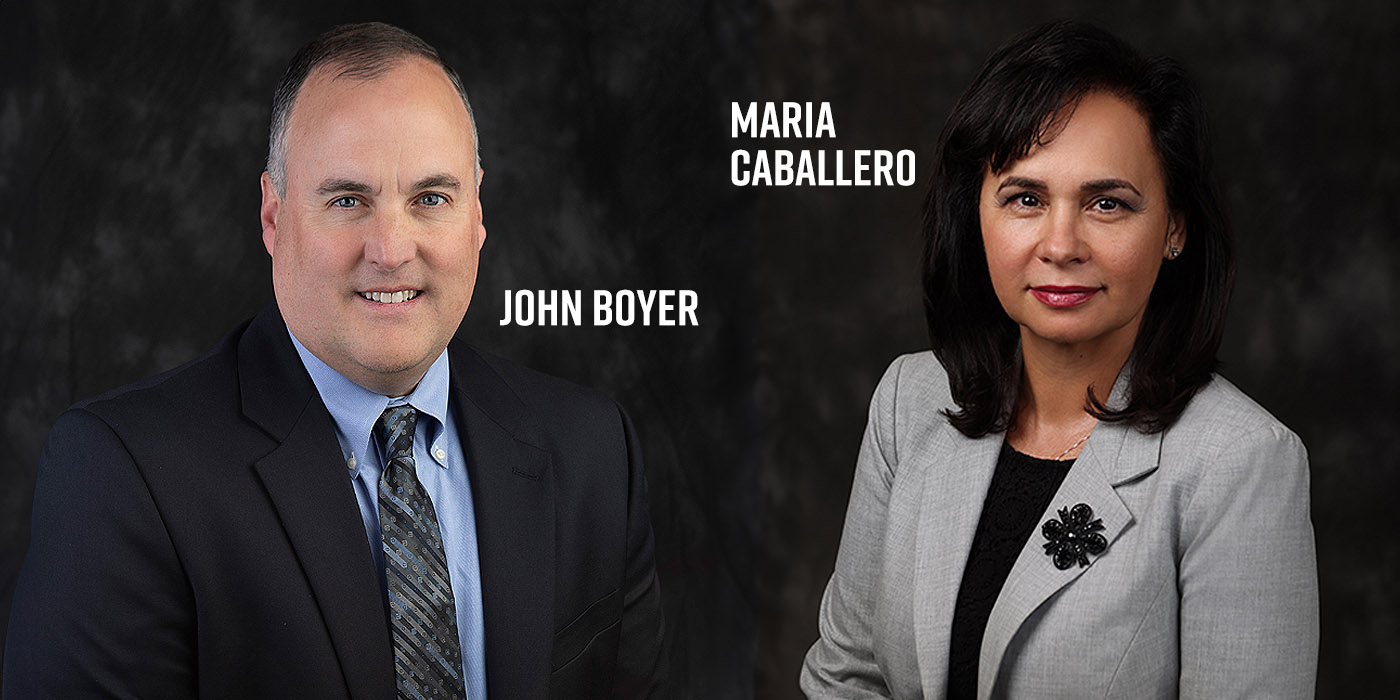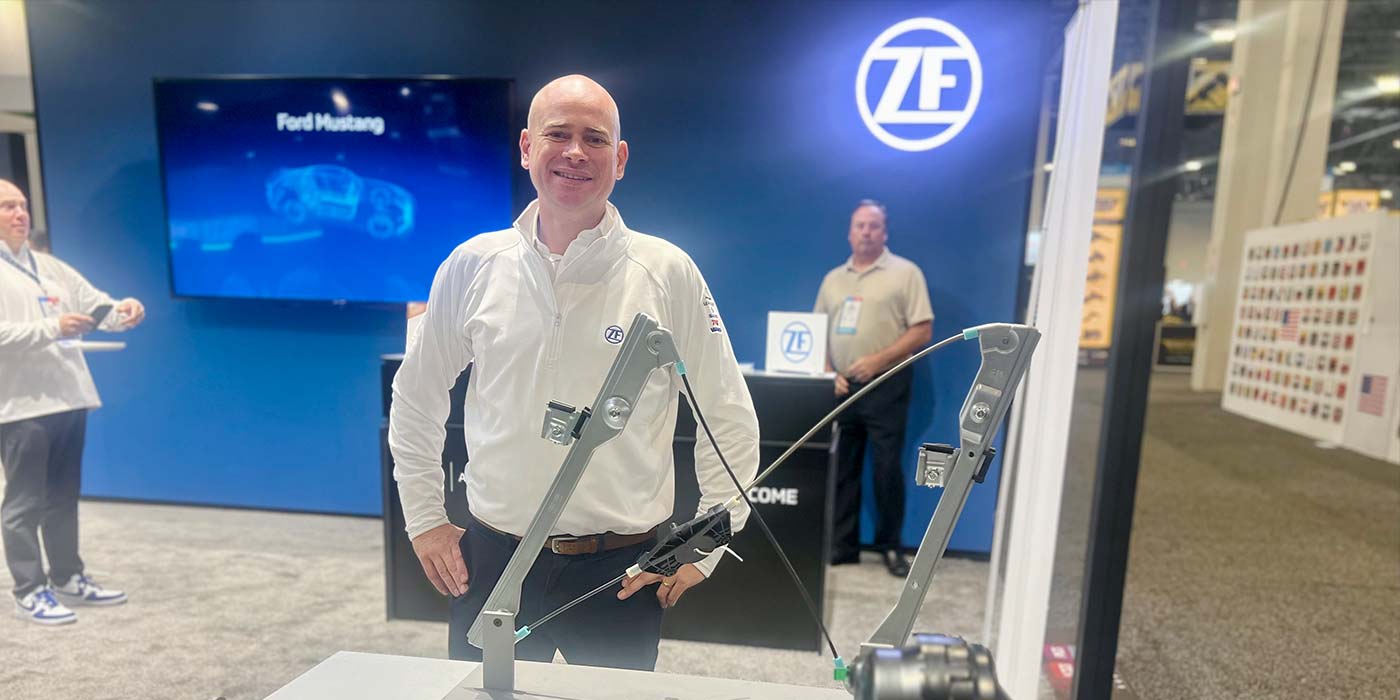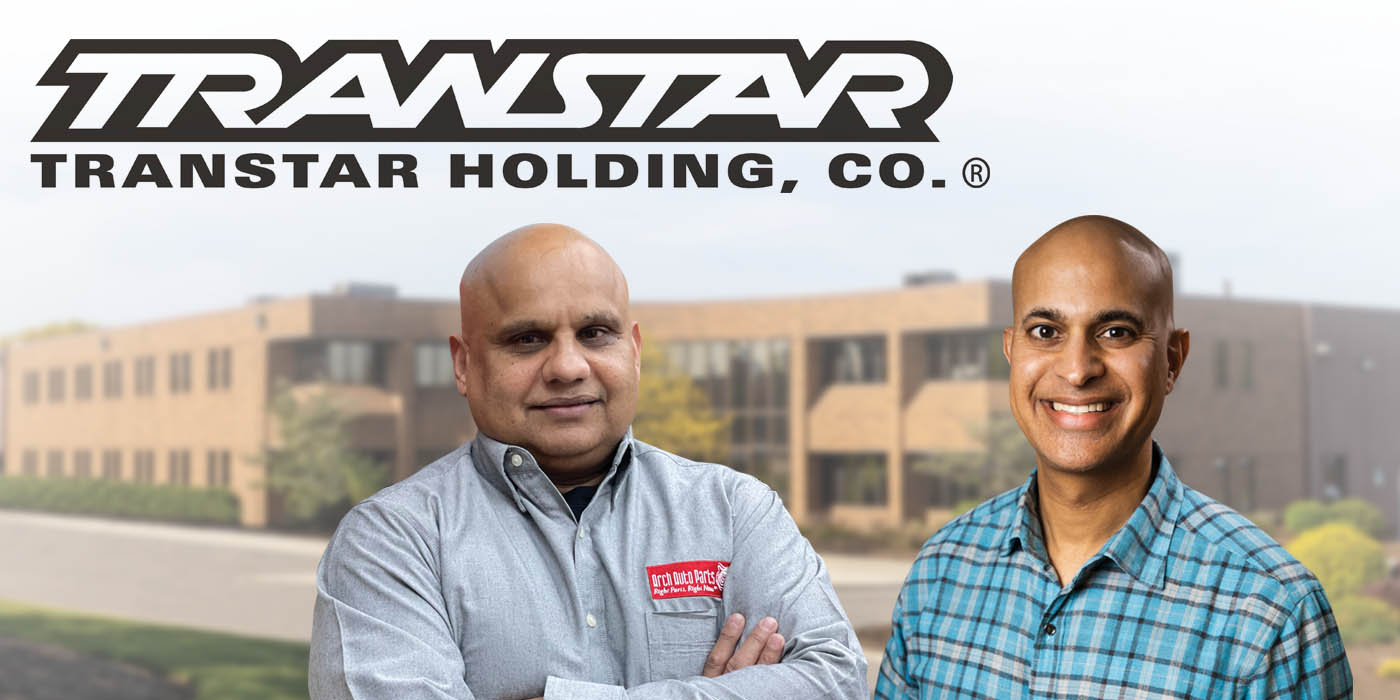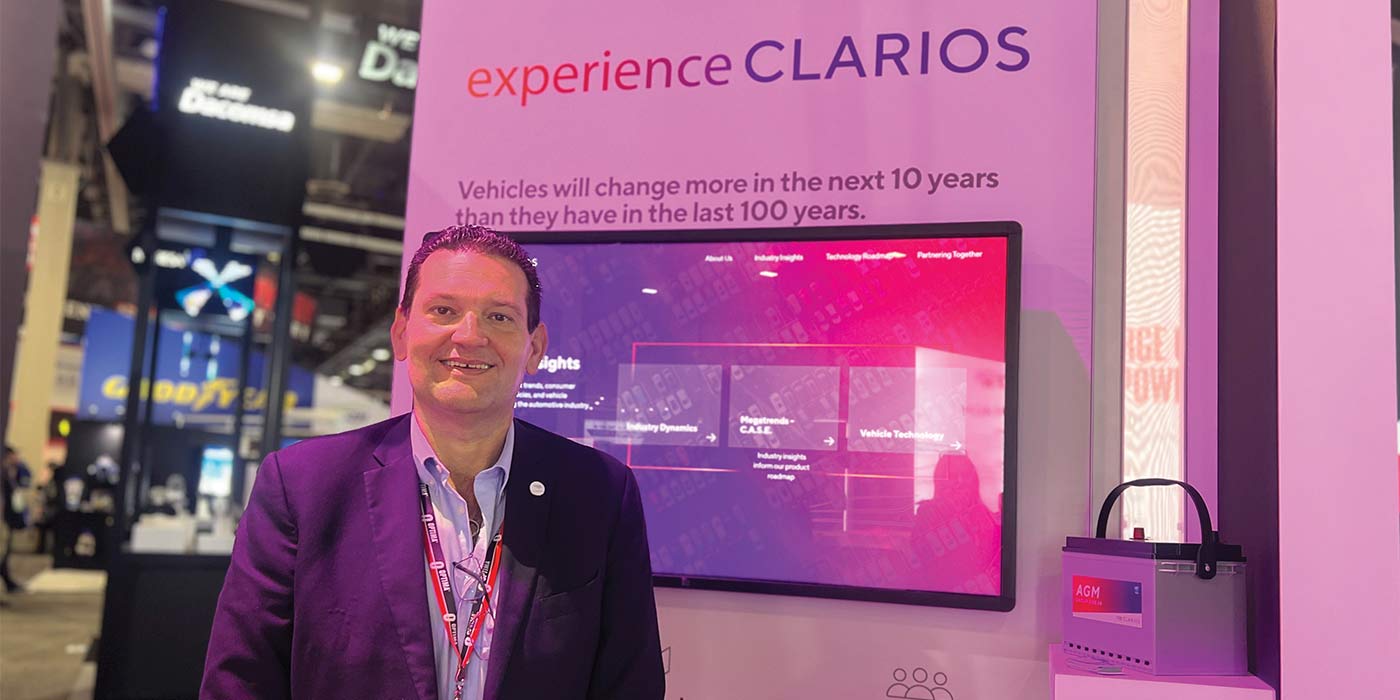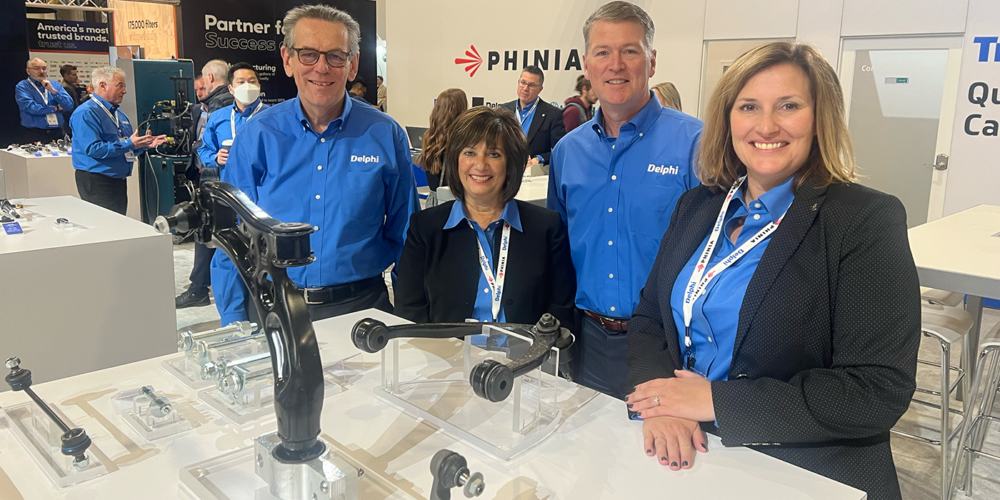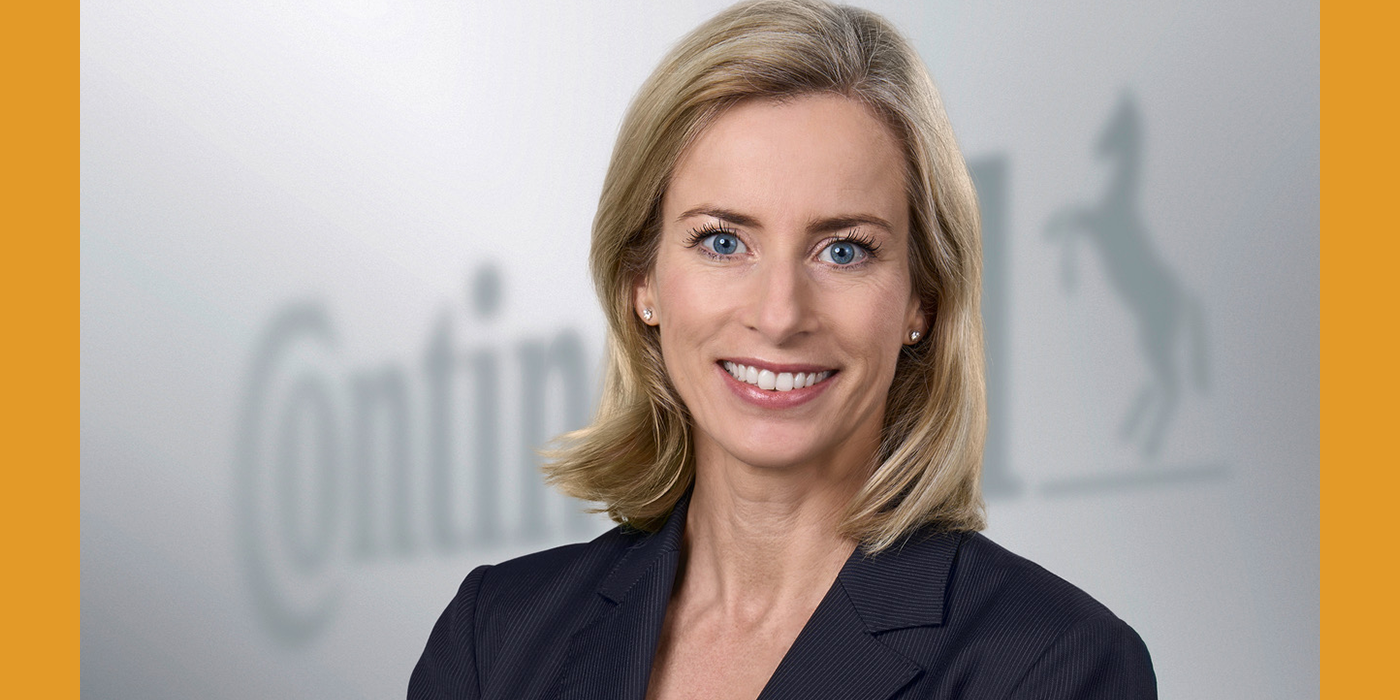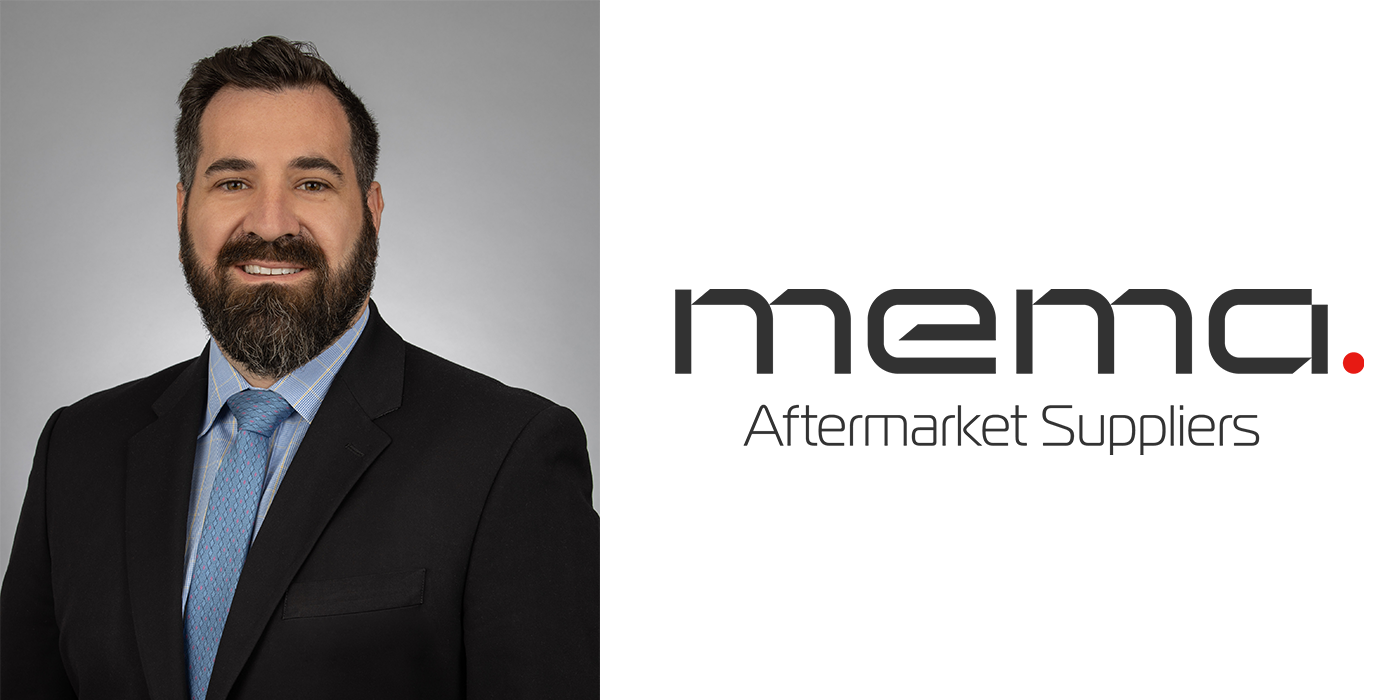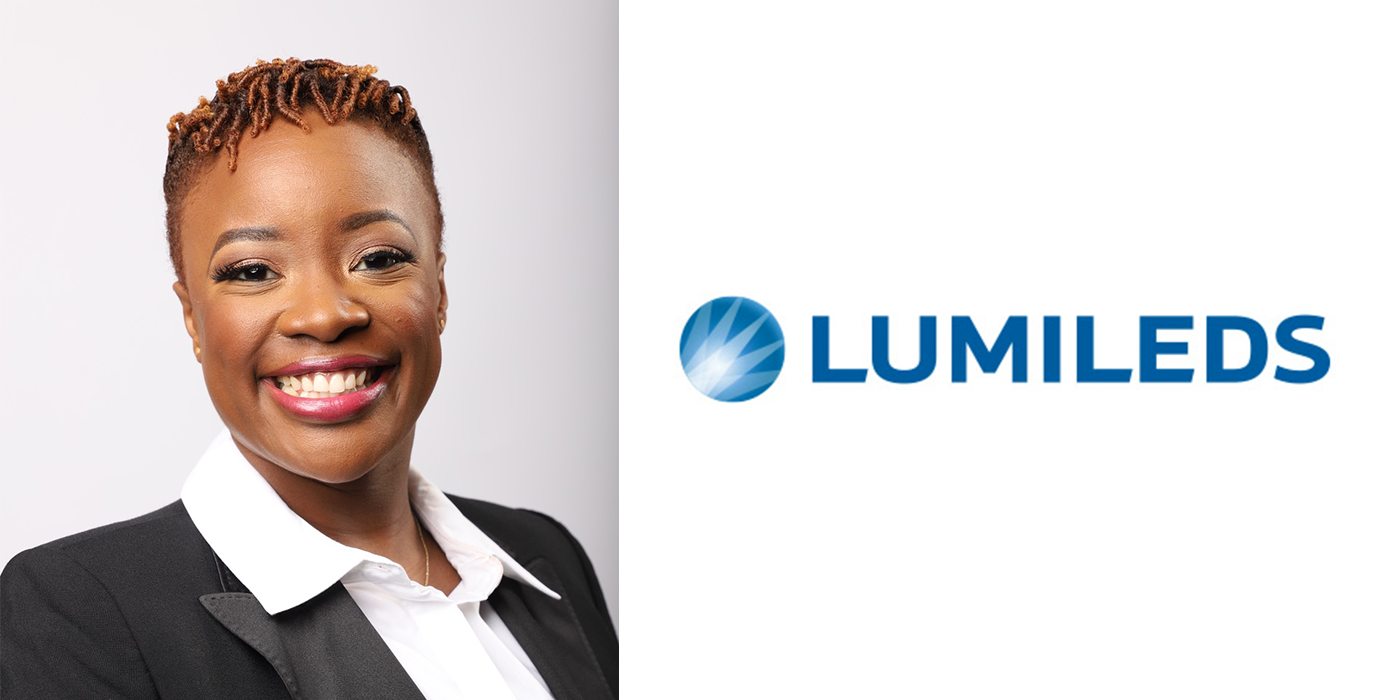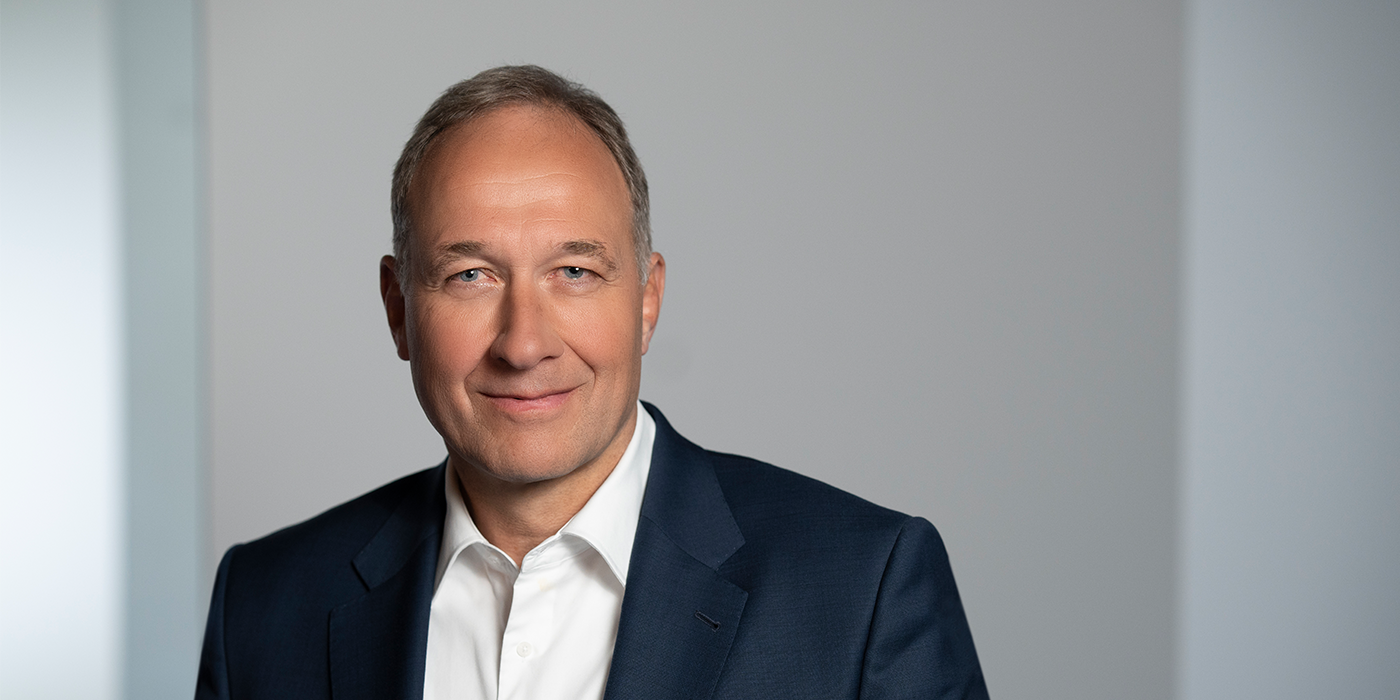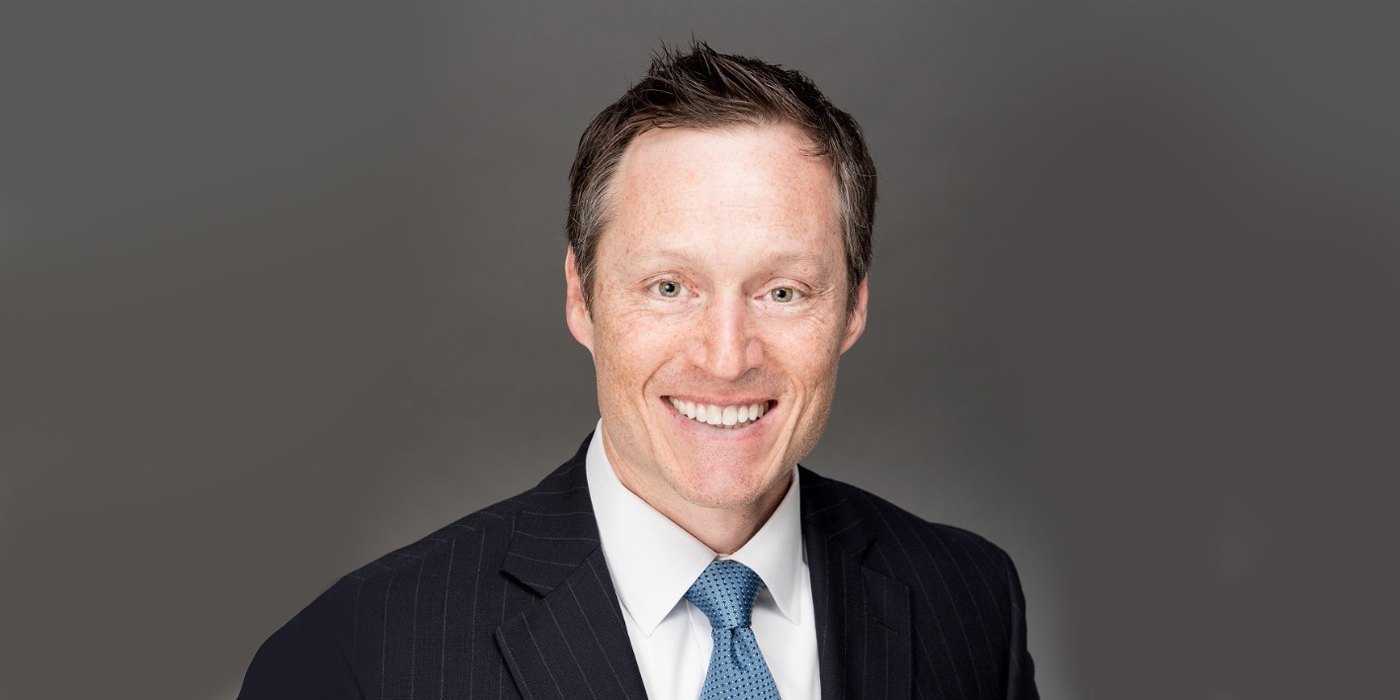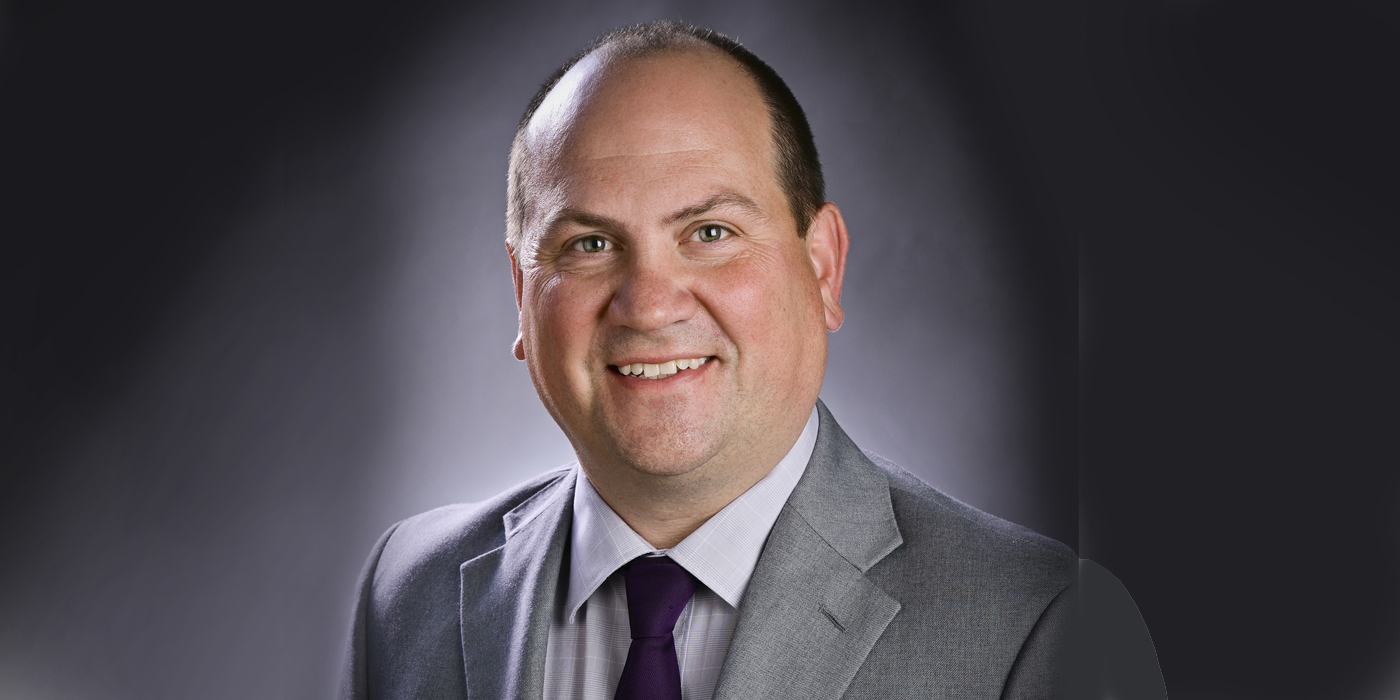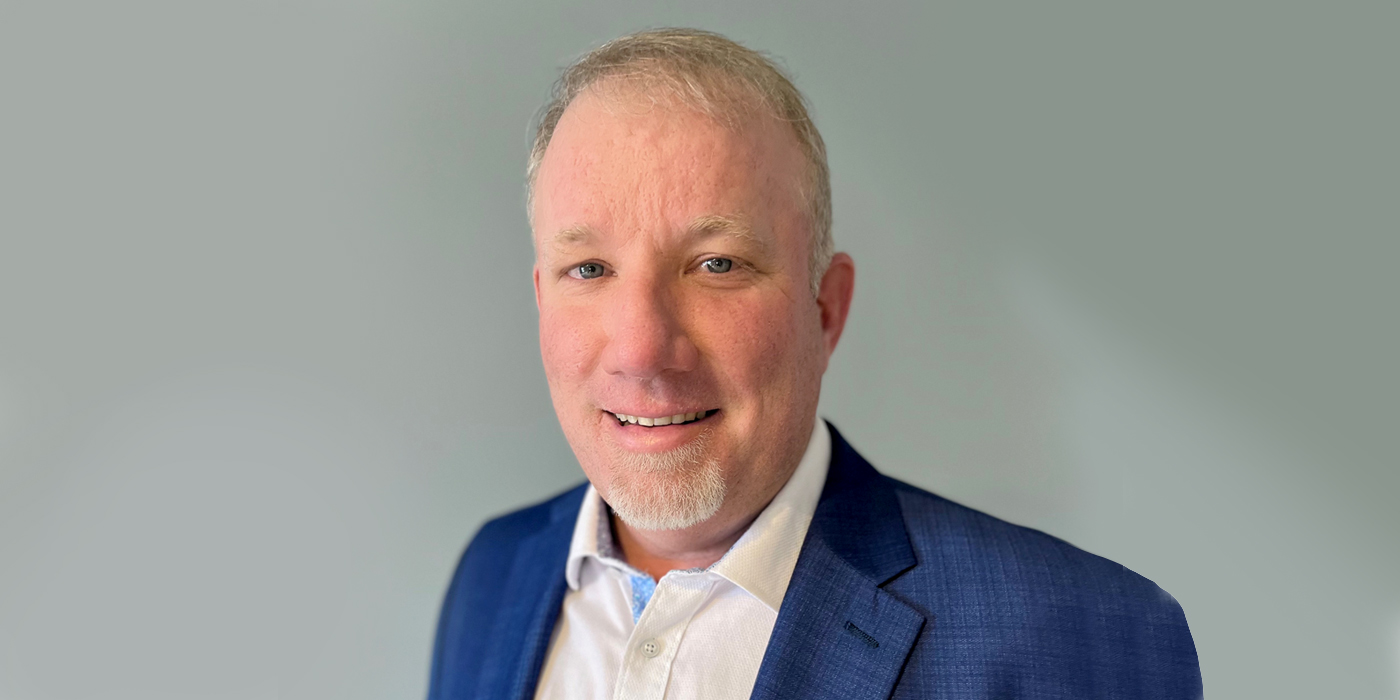by Jim Smith
Editor, Tire Review magazine
FINDLAY, OH —

Every other week, aftermarketNews.com offers an interview with a high-profile individual in the automotive aftermarket. We give executives free rein to express their views on anything from the state of their corporations to recent legislative news to future trends in their niche markets. Here you see what matters to the newsmakers themselves.
Our latest edition of “Executive Interview” features Craig Anderson, president of Hercules Tire & Rubber Co.
Fifty-two years ago, a group of 21 retreaders got together to create their own supply program, focused on their specific needs. Retreading is no longer part of the equation, but Hercules Tire & Rubber Co. – now with 39 shareholder dealers – remains focused on meeting dealer needs. Since selling its retreading business to Cooper Tire & Rubber Co. in 2001, Hercules has redoubled its private brand and distribution efforts.
While Hercules has grown quietly, preferring to remain out of the spotlight, every year brings line expansions, new products and other enhancements designed to help its members and dealer customers grow their businesses. Even after selling off its core retreading business, Hercules posted its best sales year ever in 2002, and again in 2003, and saw each of its divisions turn a profit in 2003. Craig Anderson, president, sat for an interview with Jim Smith, editor of Tire Review magazine in April. The two discussed how the changes impacted Hercules, the company’s plans in the future, and how he sees the market moving in the near-term.
Over the last few years, Hercules has undergone a major transformation from a company known more for retreading than tires and tire distribution. Talk a little about the reshaping of Hercules and how this has been a benefit to the company and its dealers?
“The company’s mission is to service its shareholders and dealers. As our tire program became a more important part of our offering, our members became more interested in tire distribution than retreading. That’s not to say that we didn’t have some very key retreaders who were members of Hercules, and our chairman, Phil Berra and his brother Mike, are very committed to retreading. As we looked at our members’ needs, we found that fewer were looking to us for a retreading program. With the entry of the major tire companies into retreading and their willingness to invest heavily, it did not look like an area for future investment that was in the best interests of our members. So we made the decision to invest in our tire programs. We converted our factory to custom mixing, but it was hard getting started in this business. We decided to become a custom mixer right about the time manufacturing went into a recession. But we’re seeing a shake out in that industry where a lot of the large companies are putting their custom mixing operations up for sale. Because we are designed to handle smaller runs and higher quality product, we’re able to service the custom mix accounts with a boutique type of service. That has been very successful, and our business is growing substantially.”
Have you been able to leverage that mixing capability relative to the production of your own tires?
“No. We have no desire to make a tire. We think the off-take programs where we can work with different factories on a worldwide basis are a better financial investment. Our mold expense over the next three years will be well in excess of $10 million, with six different manufacturers, just to keep our lines current. We’re not interested in being an owner of a tire factory or a partner in manufacturing. We just want to be a good customer of the different factories, both domestically and globally, and buy their best products. It gives us the ability to go into a manufacturer and take advantage of their strengths. We have 20 factories making tires under the Hercules brand, and I don’t think we could ever replace something like that with our own manufacturing.”
Besides the Hercules, Merit and Signet brands, you also offer a number of other products – Toyo, Sumitomo, Dunlop, Denman, Carlisle. How do you get involved with brands that already have distribution, and how do you work with these products in terms of meeting customer needs?
“We remember that we are guests in their homes, so we work with them and play by their rules. They have certain strategies for their brands and certain market positioning. So we try to work within their overall market objectives. If we can fit their distribution needs and market penetration needs, then we do business. In some markets, we can’t offer their products. If they already have a dealer arrangement in a certain market, we understand that. If it’s a broad enough offering for our dealers, we’ll put a package together with them for our dealers. And we work with them on receivables, forecasting, whatever they want from us, and try to grow their programs. If we only take the market to the private brand segment, then we’re missing the other 50 percent of the market. So we feel it’s important for us to supply our dealers with those products where there is a demand. I’d like to say that everyone wants Hercules tires, but there are a few people out there who want a major brand. So if we overlook them, we’re overlooking a large part of the market.”
How have you seen the TREAD Act impact the way you do business?
“We haven’t seen it to date. It’s something we started working on about a year ago to understand our requirements for reporting and what’s going to be needed. As a brand owner, there’s going to be a cost here because we are going to have to perform some functions that we didn’t in the past. We’ll have to track adjustments on a more formal basis. One of the things we pride ourselves on are ‘no hassle’ warranties. We try to be customer friendly all the way down to the guy who owns the wheel, whether it’s a commercial account or a consumer. A lot of times you do adjustments to take care of the customer. Now, with having to report all adjustments, we’ll have to look at adjustment policies and how we apply them. We may have to start collecting tires. In the past we let our suppliers handle our adjustments. We’ll continue to do that, but as a brand owner we are going to have more responsibility. We may have to hire people to review adjustments, which may add a cost into our structure. We haven’t determined what that is yet, because last December was the first reporting period. We have to understand it better.”
Are the manufacturers assisting Hercules with dealing with some of these adjustment issues?
“Domestically, such as Cooper, they have always been very good in handling adjustments on the products they make for us. The manufacturers want control over adjustments. If we’ve done a policy adjustment but called it something else, sooner or later the manufacturer is going to be responsible for that. I think the TREAD Act will tighten up what’s adjustable and what’s not. There are a lot of cases where the supplier tries to keep customers happy. But it goes all the way down the supply chain from the manufacturer to the marketer to the wholesale dealer to the retailer to the end-user. Everyone wants to keep their customers happy. It may be that ‘happy’ is out of the formula. Today, the TREAD Act forces the manufacturer and brand owner to look closer at things – like was the tire underinflated, was it run flat, was it repaired, etc.”
How has the shakeout of the private label business played out, and do you see the shakeout continuing?
“We’re not seeing brands disappear. You may still see some consolidation. The different private label owners have taken different market strategies, and each one of us has decided what our niche is going to be.”
Is Hercules considering a retail strategy as some other private branders have taken?
“No. We won’t wholesale to one set of dealers, and then open stores in their markets. Our strategy is not to be our customers’ competitor. Our strategy is service to the independent dealer, sink or swim. We will never put a Hercules tire store or one of our TDWs (Tire Dealer’s Warehouse) in a dealer market. When the independent tire dealer doesn’t make it in a market, it takes us down. We don’t have another alternative, so we’re going to do everything we can to make the dealer successful. That’s not to say we won’t expand our TDWs. If there is a market where we can’t find an organization to support us, we will go into that market with a TDW, like we did in Los Angeles, San Francisco and Texas. We made numerous attempts with dealers in those markets before we opened a TDW. Our first choice is always to find that strong independent dealer who will represent us in a market, and then give them exclusivity and all the support we can.”
Looking at today and down the road, what do you see as the biggest challenges facing Hercules?
“Our biggest challenge is the financial success of the independent tire dealer. Our whole success depends on the success of our dealers. If we invest heavily in that individual in a market and he goes south, we go south too. We want to help keep our customers independent, and support them with products and pricing in such a manner that they support us. Just because they’re Hercules dealers doesn’t mean they have a sign on the front door that says other suppliers should stay out. It’s just the opposite. In fact, a Hercules dealer is a target because the Hercules dealers are some of the most successful in our industry. The competition is in there every day. The dealer’s first responsibility is the success of his business; and if we can’t help him be successful, then he shouldn’t do business with us. We have to earn the next load. We understand the Hercules brand equity, but the most important brand equity is the dealer in his market.”
Is Hercules looking at formulating a marketing group?
“No. It’s hard to support those systems. The groups out there today are product-driven, and you have to charge it in the tire price. Some of our largest customers have their own programs in their markets. It’s hard to build a program and put it into a dealer organization. It’s easier to create a program and get dealers to support it. Since we’re already down the road with market coverage with current dealers, we’d have a hard time designing a program that everyone could buy into. We have already defined who we are, and I don’t think there’s much of an opportunity. We’re not looking to have controlled retail distribution. We’re looking to supply the product to dealers, and let them take it to market in ways they design.”
Pinpoint what you see as Hercules single most important strength?
“I think it’s the product offering and our ability to supply. We try to maintain one of the top offerings in the industry, supply our dealers with a good mix of products on a very timely basis, maintain a high fill rate and offer some of the best pricing possible. Is it the cheapest price? Probably not on this size or that size. But when you take the overall Hercules program from top to bottom – and we have a number of large dealers in it – our overall program is the best out there. Sure, someone will beat us on a certain size; but, on an overall basis, our product offering, our value, our pricing, our service levels to the independent tire dealer, offer the best long-term program. Fifty-two years later, we’re still here. We’re still increasing marketshare, and our business will continue to grow as long as we meet the independent dealers’ needs.”
_______________________________________
Click here to view the rest of today’s headlines.

